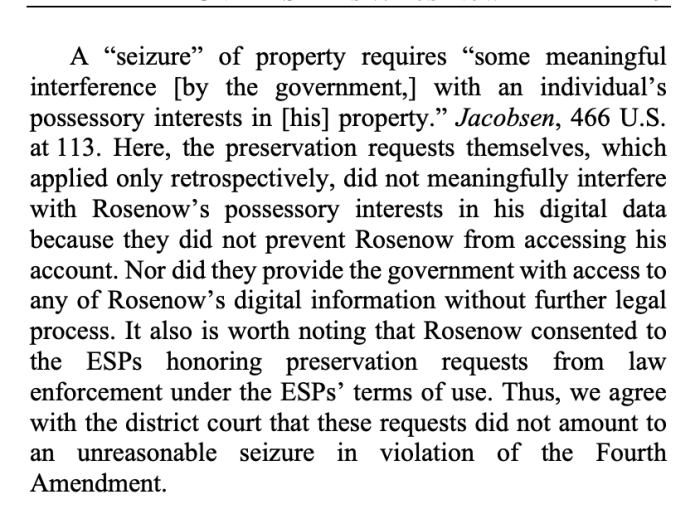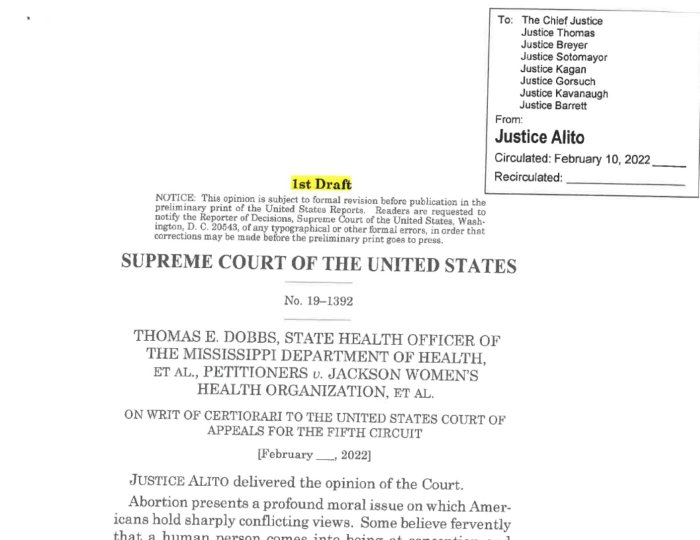Orin kerr how to read a legal opinion – Embark on an enlightening journey with Orin Kerr’s invaluable guide to reading legal opinions. In this comprehensive exploration, we delve into the intricacies of these complex documents, empowering you with the skills to navigate their structure, analyze their arguments, and apply their insights in practical settings.
Through a systematic approach, we unravel the anatomy of legal opinions, identifying key sections and their functions. We provide effective reading strategies to help you pinpoint crucial issues, arguments, and conclusions. By mastering these techniques, you gain the ability to dissect legal opinions with precision and clarity.
Introduction: Orin Kerr How To Read A Legal Opinion

Legal opinions are written analyses of legal issues prepared by attorneys or legal scholars. They provide guidance on how the law applies to a specific set of facts and circumstances.
Understanding legal opinions is essential for anyone involved in the legal system, including lawyers, judges, policymakers, and business professionals.
Structure of a Legal Opinion

Legal opinions typically follow a standard structure, including the following sections:
- Statement of the Issue:Defines the legal question being addressed.
- Relevant Facts:Provides a summary of the factual background of the case.
- Legal Analysis:Examines the applicable law and how it relates to the facts of the case.
- Conclusion:Summarizes the attorney’s or scholar’s opinion on the legal issue.
Reading Strategies, Orin kerr how to read a legal opinion
To effectively read a legal opinion, consider the following strategies:
- Preview the opinion:Read the statement of the issue and conclusion to get an overview of the case.
- Identify key issues and arguments:Highlight the legal questions being addressed and the arguments made by the attorney or scholar.
- Analyze the legal analysis:Examine the reasoning and evidence used to support the conclusions.
- Evaluate the persuasiveness of the opinion:Consider the strength of the arguments and the potential weaknesses.
FAQ Section
What is the primary purpose of a legal opinion?
A legal opinion provides an expert analysis of a legal issue, offering guidance on its interpretation and application.
How can I effectively identify the key arguments in a legal opinion?
By carefully examining the “Arguments” or “Analysis” sections, you can pinpoint the main arguments presented in the opinion.
What ethical considerations should I be aware of when analyzing legal opinions?
It is crucial to maintain confidentiality, avoid conflicts of interest, and exercise objectivity in your analysis.
